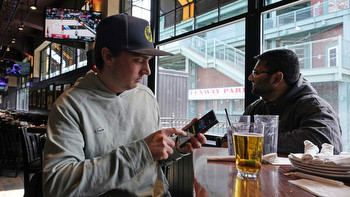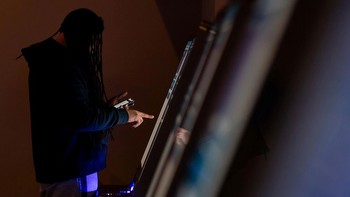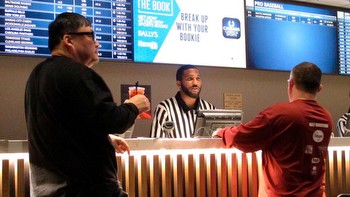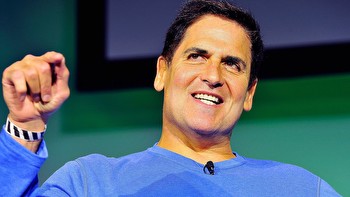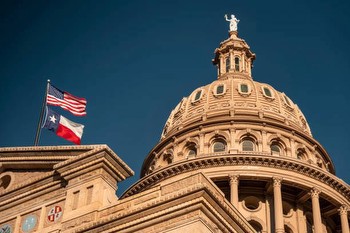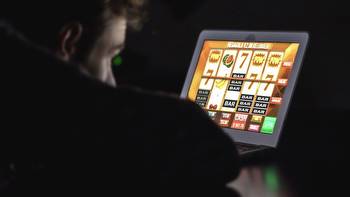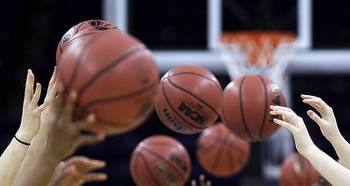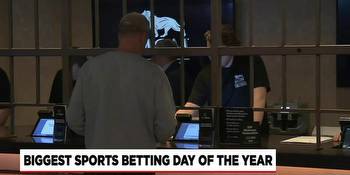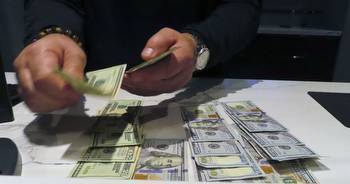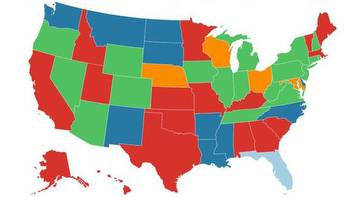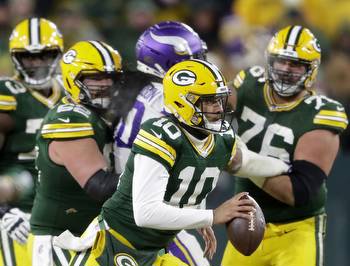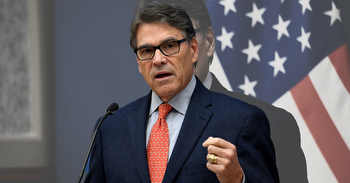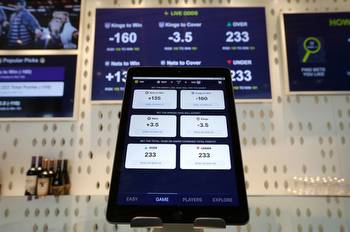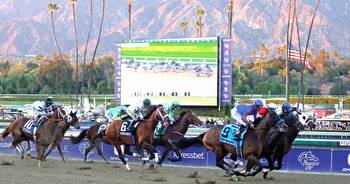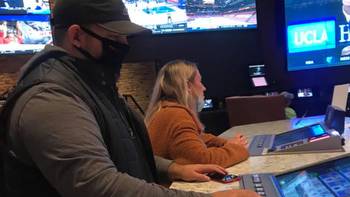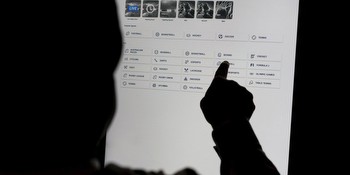$2.72 billion expected to bet on March Madness as online sports betting legalization grows
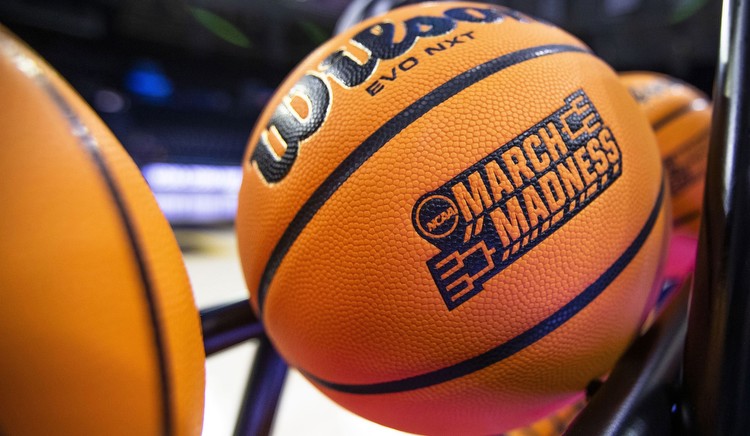
March Madness, also known as the NCAA Men’s and Women’s Division I college basketball tournament, attracts millions of viewers, but this year, it is also expected to attract millions of dollars in wagers as online sports betting grows nationwide.
The American Gaming Association estimates that adults will legally wager $2.72 billion on the men’s and women’s tournaments, which begin this week. The roughly monthlong tournaments are expected to garner nearly double the estimated $1.4 billion in legal bets on this year’s Super Bowl, as states legalize sports betting in the aftermath of the 2018 Supreme Court decision that struck down the federal ban on sports betting.
Cait DeBaun, vice president of strategic communications and responsibility at the American Gaming Association, told the Washington Examiner that the growth in legal sports betting has been aided by the continued legalization in states such as Kentucky and North Carolina and the maturing of markets that added sports betting in earlier years.
“Over the last year, we’ve had Kentucky go online with their legal marketplace. North Carolina just launched with online sports betting. Florida is currently online. And we have markets that are maturing that have also launched recently — Massachusetts launched a year ago,” DeBaun said.
“As each state goes online, we’re seeing that migration of Americans from the illegal marketplace to the legal marketplace, and that’s driving demand, and certainly this will be one of the most legally bet on March Madnesses in history,” she added.
North Carolina’s online sports betting launched last week, ahead of the NCAA basketball tournaments, joining the other 37 states and the District of Columbia where some form of sports betting is legalized.
Sports betting has been making headlines since the Supreme Court paved the way for states to legalize it, but illegal betting was going on for years before the 2018 decision. The remaining 12 states that have yet to legalize sports betting are in various stages of legalization.
“It’s probably going to take a little bit longer to get across the finish line, and there’s some states that are probably never going to legalize. Utah has no form of legal gambling, and that’s probably going to remain the case. But that’s why this is the state’s decision. Each state has to determine what’s best for its constituents and how to protect them,” DeBaun said.
Six states, including Alabama, Georgia, Minnesota, Missouri, Oklahoma, and Hawaii, are considering legalizing sports betting, while Mississippi is debating whether to authorize mobile sports betting. DeBaun said the American Gaming Association’s belief is that sports betting legalization provides necessary oversight, among other benefits, for states.
“Our belief is that legalized sports betting not only protects customers and provides oversight into this marketplace but generates a ton of tax revenue. For important priorities like infrastructure and healthcare and emergency services and education,” DeBaun added.
DeBaun pointed out that in Colorado, revenues from sports betting help water conservation in the state.
Other events expected to garner high amounts of wagers throughout the year include the NFL season, soccer, golf, and baseball, among other sports, as viewers look to add another dimension to their sports-watching experience.
Opponents of sports betting tend to cite moral objections to gambling when bills for legalization are considered. DeBaun said that since states began legalizing sports betting, the American Gaming Association has pushed responsible gambling as a priority and ensuring states get it right.
“That means educating customers, empowering them with tools to bet responsibly. And so anybody who’s getting in the action this year should have a game plan to bet responsibly. That means setting a budget, playing legally, keeping it social, and knowing the odds,” DeBaun said.
“So we’re excited for everyone to get in the action and have added entertainment to their March Madness experience, and we want them to make sure they’re keeping it fun,” she added.
If you or someone you know is struggling with a gambling addiction, resources are available nationwide, including the National Problem Gambling Helpline at 1-800-GAMBLER (1-800-426-2537).


